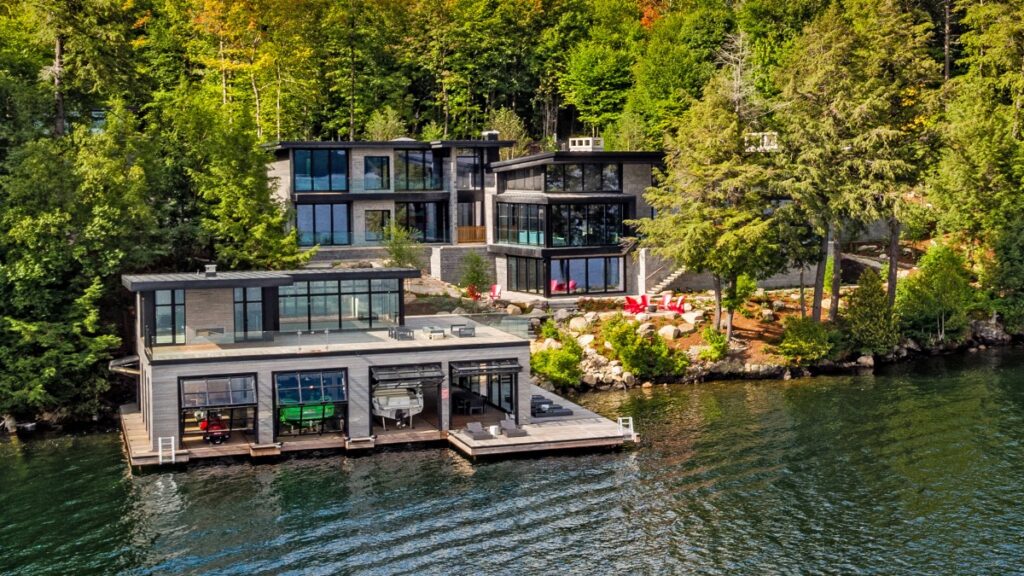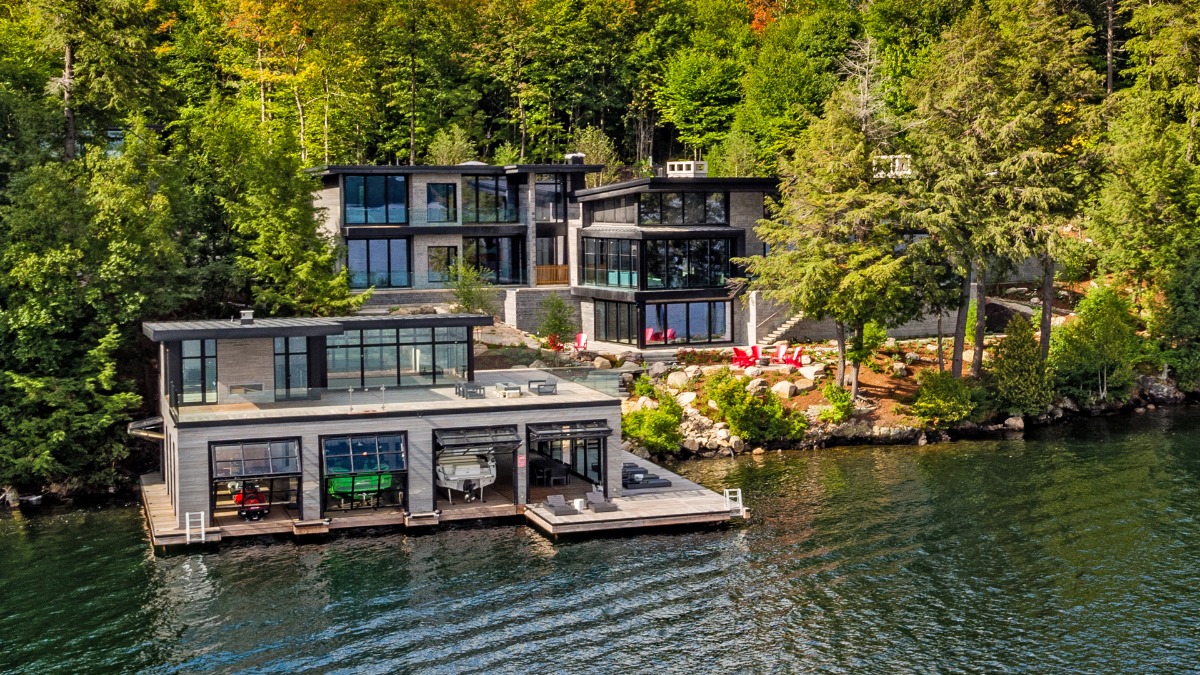
Cottages are more popular than ever with many people looking to combine remote work with a more peaceful, rural lifestyle. Still, buyers need to ask the right questions when purchasing a cottage to avoid unwelcome and costly surprises after closing. Here are five important lessons to remember:
- Use a Local Home Inspector
An experienced home inspector from the local community will be able to tell you about the condition of your cottage. They will also be able to recommend other inspectors to check any well and septic systems on the property, and they should also understand the rules about building any dock or boathouse.
- Understand the Shore Road Allowance
When buying a waterfront property, many desire the privacy of their waterfront. What they may not understand is that, in most cases, the Municipality owns the land directly in front of the lake. This is called the ‘Shore Road Allowance,’ and it permits members of the public to walk along the waterfront at any time. Fortunately, in most areas, you can purchase this land by approaching the Town and having them pass a by-law to sell it to you. Once you own it, you have your privacy assured. Make sure to ask about this when researching any waterfront property.
- Know the Access
Remember, not all cottages have municipal road access. Sometimes, you can only access a cottage through a right of way over another owner’s property. In this situation, you must find out if you have year-round access and who is going to be paying the costs to maintain this private road. You should have these facts before you commit to buying a cottage.
- The Well & Septic System
At the cottage, turning a tap for water or flushing a toilet is not the same as in the city. If the well dries up, it’s very expensive to drill a new one. If the septic system fails, it can be very expensive to build a new one, as environmental standards have become more costly to comply with. With that in mind, be sure to have both your well and septic system properly inspected before purchasing.
- Docks & Boathouses
Most believe that they can easily build a dock or boathouse on their waterfront. This is incorrect. Even if you own the land to the waterfront, you don’t own the land under the water. Often, this is owned by the Province, and you need to have the proper permits. Make sure your seller has obtained these permits, or research what it will take to obtain them if there is no dock or boathouse at the property.
With proper preparation before buying a cottage, you will avoid unwelcome surprises after closing.
Mark Weisleder is a Partner, author and speaker at the law firm Real Estate Lawyers.ca LLP. Contact him at mark(at)realestatelawyers(dotted)ca

